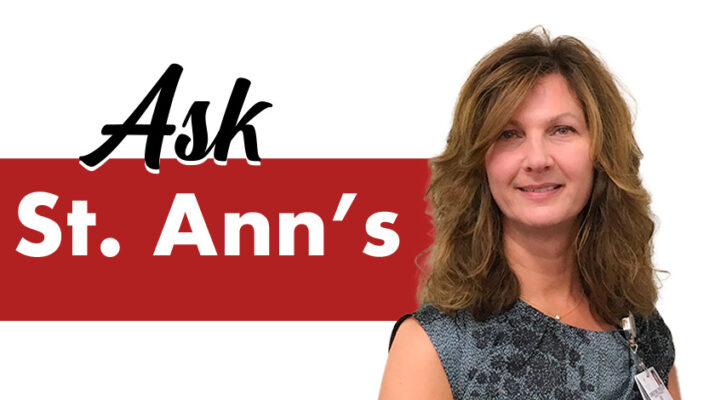The phrase “ask your pharmacist” is becoming increasingly common — and with good reason.
Today’s pharmacists are an integral part of the healthcare community and are relied upon as an important source of knowledge.
Pharmacists can help people stay on track with medications — especially important for seniors and others taking multiple medications. They are an excellent resource for information on any prescription (Rx) and over the counter (OTC) drugs you take. You can count on them to:
- Answer questions about medications and proper dosing
- Explain side effects that could impair judgment or cause a fall or an accident
- Screen for Rx drug interactions, as well as interactions with OTC medicines, herbal supplements, or certain foods
- Check for possible allergic reactions
- Recommend generic substitutes in place of brand names to make medications affordable
Best of all, you don’t need an appointment or insurance to talk to your pharmacist; just stop in or pick up the phone.
Here are a few tips from the in-patient pharmacists at St. Ann’s Community on how your pharmacist can help you manage your medications:
- Choose one pharmacy. As a regular customer, you’ll get to know the pharmacist and have your entire medication history in one place. With the click of a mouse, your pharmacist can check for and troubleshoot prescription and drug interaction problems and advocate for changes on your behalf with your healthcare provider.
- Establish a routine. Refill all your prescriptions at the same time every month to eliminate confusion and to stay on track. Ask your pharmacist about prescription packaging options, such as daily doses in pouches, or electronic pillboxes. Either tool may make it easier to remember to take your medications as prescribed.
- Carry a medication list. Keep the paper in your purse or wallet so you or your family or first responders will find it. Whether you’re at a routine check-up with your doctor or on your way to the emergency room, healthcare providers need to know what you take before prescribing or administering drugs.
- Get rid of old medicines. There’s no reason to keep old Rx and OTC drugs in your home; in fact, having them in your medicine cabinet may create confusion. Take old medications to your pharmacist or local police department for proper disposal instead of throwing them in the garbage or down the drain. You’ll help protect the environment and eliminate the risk of other people misusing them.
Finally, when you or your loved one needs skilled nursing care, be sure to choose a facility with full-time pharmacists on staff and a full-service pharmacy on site for quick prescription delivery. St. Ann’s Home has both to ensure the health and safety of its residents and provide the best care possible.
With so many medications and opportunities for confusion, it’s easy to understand why having a good pharmacist is the prescription everyone needs to stay healthy and independent.
Christine Freeley, a registered pharmacist (RPh), is director of pharmacy at St. Ann’s Community in Rochester. Contact her at cfreeley@MyStAnns.com or 585-697-6450, or visit www.stannscommunity.com.

